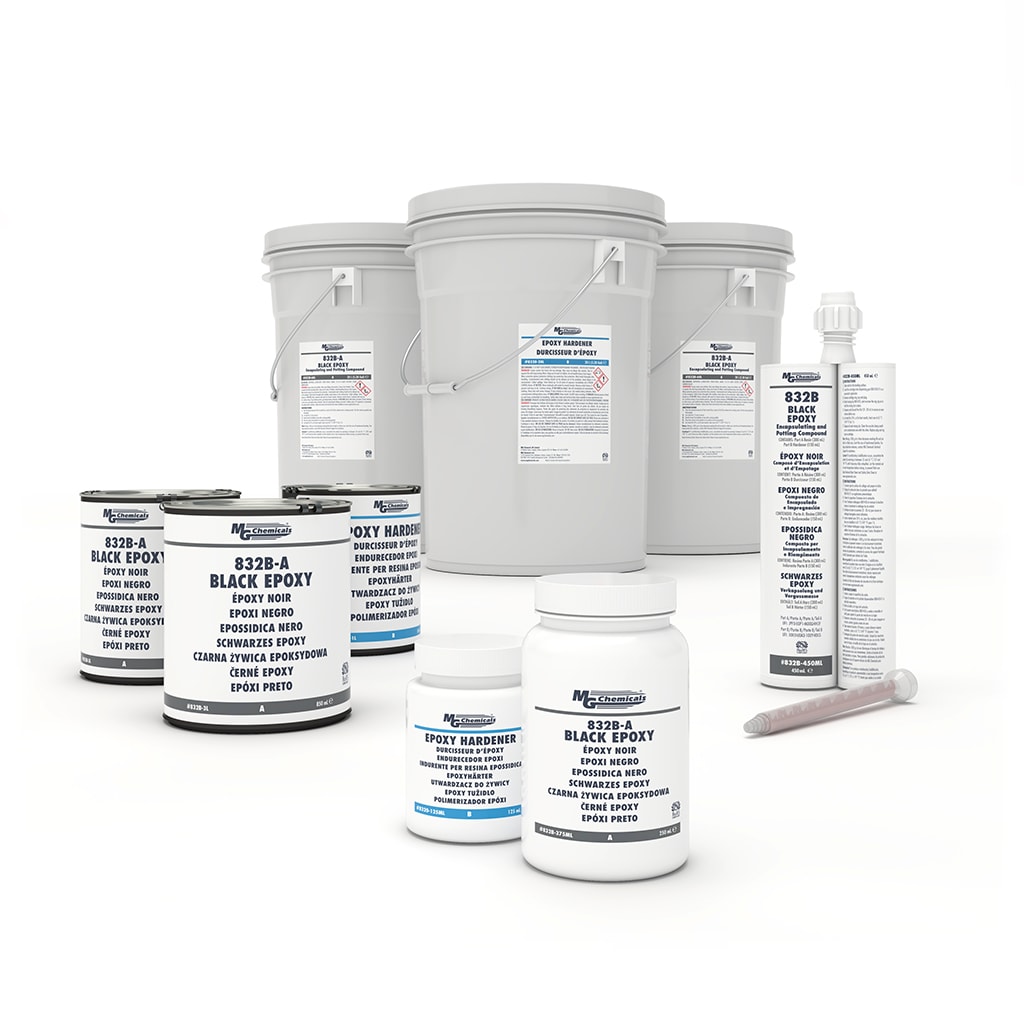Hello here what I have:

It's a 2 part Epoxy and I would be curious for those who are "expert" in that domain.
I was thinking to "cook it" for a little time once I finish what I have to do, any though?
Thank you
It's a 2 part Epoxy and I would be curious for those who are "expert" in that domain.
I was thinking to "cook it" for a little time once I finish what I have to do, any though?
Thank you















